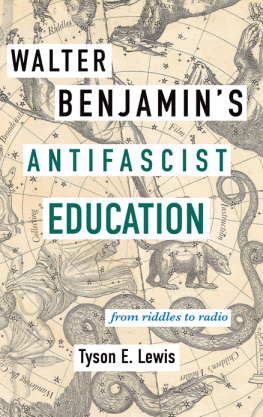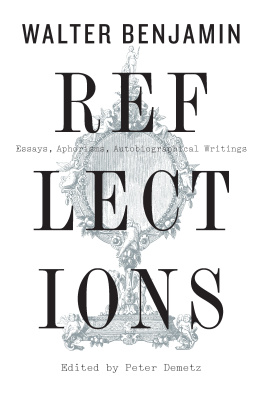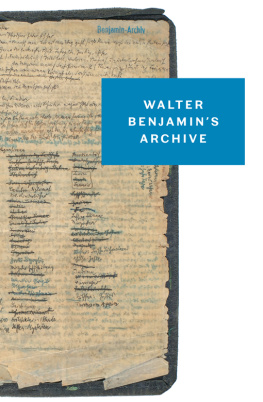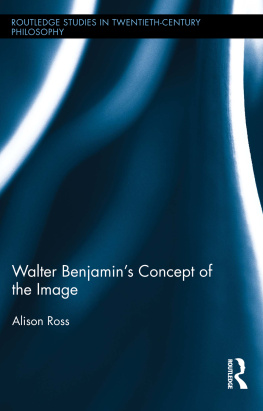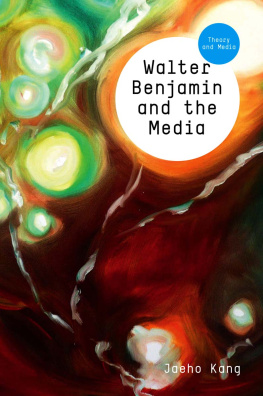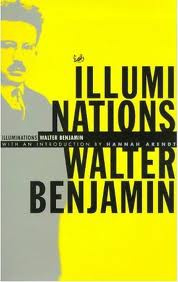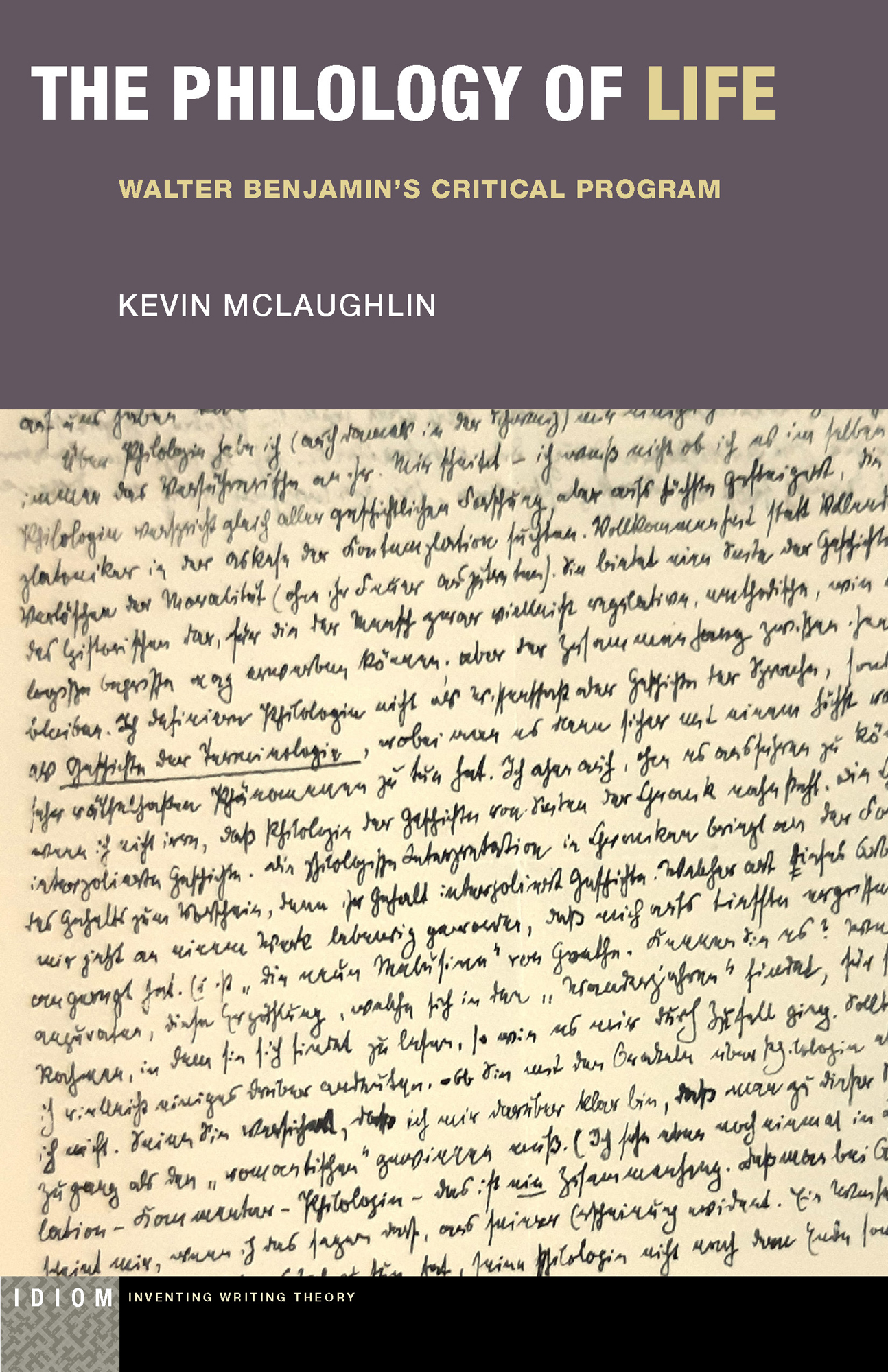Contents
Guide
Pagebreaks of the Print Version

INVENTING WRITING THEORY
Jacques Lezra and Paul North, series editors
THE PHILOLOGY OF LIFE
WALTER BENJAMINS CRITICAL PROGRAM
KEVIN McLAUGHLIN
Fordham University PressNew York 2023
Fordham University Press gratefully acknowledges financial assistance and support provided for the publication of this book by Brown University.
Copyright 2023 Fordham University Press
All rights reserved. No part of this publication may be reproduced, stored in a retrieval system, or transmitted in any form or by any meanselectronic, mechanical, photocopy, recording, or any otherexcept for brief quotations in printed reviews, without the prior permission of the publisher.
Fordham University Press has no responsibility for the persistence or accuracy of URLs for external or third-party Internet websites referred to in this publication and does not guarantee that any content on such websites is, or will remain, accurate or appropriate.
Fordham University Press also publishes its books in a variety of electronic formats. Some content that appears in print may not be available in electronic books.
Visit us online at www.fordhampress.com .
Library of Congress Cataloging-in-Publication Data available online at https://catalog.loc.gov .
Printed in the United States of America
25 24 235 4 3 2 1
First edition
for Ourida, in memory of our time togetherduring the plague years
CONTENTS
NOTE ON ABBREVIATIONS
All citations of the works of Walter Benjamin are to Gesammelte Schriften, 7 vols. (Frankfurt am Main: Suhrkamp, 197291). Unless otherwise noted, available English translations are from Selected Writings, 4 vols., ed. Michael W. Jennings et al. (Cambridge, Mass.: Harvard University Press, 19962003). References will be given parenthetically in the text with the German original followed by the English translation in the following form: (GS; SW). The published translations have occasionally been modified when necessary.
INTRODUCTION: THE PHILOLOGY OF LIFE
The outlines of the following study started to appear to me as I was completing my book Poetic Force in 2014. The implications of the theory and the method that arise out of this critical project are not limited to literary criticism in Benjamins work: they extend broadly to historical experience as suchspecifically, to what he calls life in his early writings. In this sense, the critical program undertaken by Benjamin from 1914 through 1922 not only offers a highly innovative and illuminating interpretation of a revolutionary moment in modern literature, it also forms the basis of his remarkable and now widely influential critical project as a whole.
The work presented in the following chapters happens to have been carried out precisely one hundred years after the period on which it focuses in Benjamins work. To be sure, the political, professional, and personal conditions under which Benjamin realized his project were very different from those under which the present study was completed. For example, although he barely mentions it, Benjamin studied and wrote during these years in the shadow of world war. The commentary on Hlderlin bears traces of this: it was dedicated to his friend the poet Friedrich Heinle, whose suicide was understood as a pacifist protest against the war in 1914, and it was addressed to the Hlderlin editor Norbert von Hellingrath, who died at the Battle of Verdun in 1916 (GS 2.3: 921). The present study, on the other hand, was undertaken from 2014 through 2022 while its author served as an academic dean at a prominent North American university. To be sure, the political environment in the United States during those eight years was far from peaceful, and the world pandemic that punctuated the end of this period was profoundly destabilizing. However, it would certainly be an exaggeration to compare these circumstances to the extreme carnage and destruction of the war in Europe a century earlier. The world historical conditions under which this book was written were clearly very different from those under which Benjamin worked during the years in question.
Yet the period during which this book was composed came to share a certain time with the one on which it is focused. This time arose out of what I take to be a defining feature of the philological method that is the subject of this book. This third part of life, which is not a synthesis or sublation of the first two, is also not reducible to the lives of individual living and dying beingswhat Benjamin calls earthly life and death. Nevertheless, these senses of life are related to one another: the lives of living and dying beings are interpenetrated by that part of life that lives on. Life encompasses the time of earthly life and death as well as that of living on. Even if they are not identicaleven if they are not the same timethe one can provide the occasion for the other. And this is precisely what happened to the time that my critical effort appeared to share with that of Benjamin over the past eight years: it became the occasion for an encounter with life tout court.
The possibility of such an encounter derives from the deep connection between experience and language that is central to all of Benjamins work. This connection is framed by Benjamin as the relation between history and reading in a note he composed in the late 1930s just before his death: The historical method is a philological method based on the book of life. Read what was never written, runs a line by Hofmannsthal. The reader one should think of here is the true historian (GS 1.3: 1238; SW 4: 405). I will have more to say about this statement at the end of this study. I cite it now as revealing the persistence of the linkage between life and philology that emerged in Benjamins earliest writings, as we will see. The phrase philology of life that I have allowed myself to adopt as the title of this study appears nowhere explicitly in Benjamins writing. It came to me as the translation of a word that, to my knowledge, has never been written (much less read) in German, namely, Lebensphilologie. Philology of life succinctly names the relation that lies at the very crux of Benjamins critical project from his student writings through his late studies of Charles Baudelaire and his reflections on the concept of history. In the context of current critical discussion it is important to begin by pointing out that the life of this philology is certainly not the one that is exclusively subject to what Michel Foucault calls biopolitics: numerous and diverse techniques for achieving the subjugation of bodies and the control of populations.
The specific linkage between this philological method and history is illuminated by a remark made by Thomas Schestag on a phrase that occurs in a letter Benjamin wrote to Gershom Scholem on February 14, 1921toward the end of the period that concerns us in what follows. Here is the text of Benjamins letter followed by what Schestag makes of it (the key German words are included because they are indispensable to what Benjamin and Schestag are saying):
BENJAMIN:
I define philology not as a science or history of language [


